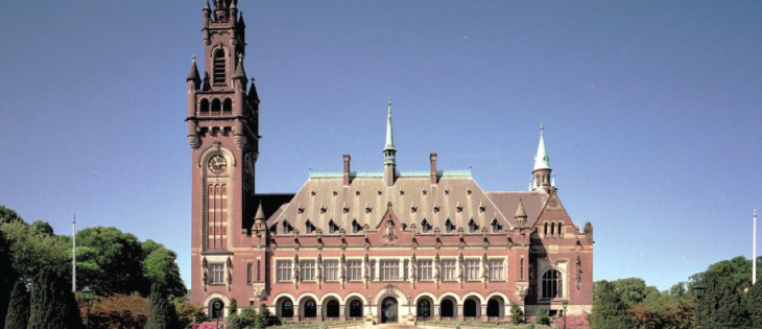ISLAMABAD: India’s claims regarding its jurisdiction in a dispute between the two nations over the Kishanganga and Ratle Hydroelectric Projects under the Indus Waters Treaty were rejected by the Permanent Court of Arbitration (PCA) in The Hague. Pakistan achieved a notable triumph.
Sources at the office of the Attorney General for Pakistan (AGP) claim. That the PCA ruled in Pakistan’s favour and announced that it had the competence to decide the Kishanganga dispute. A non-UN intergovernmental organisation devoted to serving the international community’s requirements in conflict resolution is the PCA, founded in 1899 to facilitate arbitration and settle disputes between governments.
According to a court statement cited by Reuters. The Court unanimously disregarded India’s arguments and upheld its authority to consider and resolve the problems in Pakistan’s Request for Arbitration.
With the assistance of the AGP office. A group of international professionals, including lawyers Zohair Waheed and Leena Nishter, defended Pakistan.
Negotiation Steps
Government-level negotiations in July 2015 in New Delhi failed to resolve the issue, prompting Pakistan to start official dispute settlement proceedings. The Court of Arbitration, which deals with legal, technical, and systemic concerns, and the Neutral Expert, which solely deals with technical issues, are the two dispute resolution institutions provided by the Indus Waters Treaty. Pakistan chose a Court of Arbitration because systemic issues needed legal interpretation.
Pakistan perceived India’s delayed request to appoint an impartial expert as evidence of New Delhi’s lack of good faith. In December 2016, the World Bank halted the creation of a Court of Arbitration or the selection of neutral experts. It urged both nations to engage and settle on a single court.
Even though Pakistan was eager to participate in both forums. India refused to attend the Court of Arbitration, resulting in secret proceedings. The Court did not provide specific information regarding the case’s future course. Still, it did state that it intended to address the interpretation and application of the bilateral Indus Waters Treaty. Particularly its provisions on hydroelectric projects and the legal implications of earlier decisions made by the treaty’s dispute resolution bodies.
Following the PCA’s ruling, Pakistan’s Foreign Office declared that the country is still completely committed to carrying out the Indus Waters Treaty’s provisions. Mumtaz Zahra Baloch, a spokesperson for the FO, emphasised that the treaty is the fundamental agreement between Pakistan and India for the sharing of water. And Pakistan hopes that India will uphold its end of the bargain sincerely.


